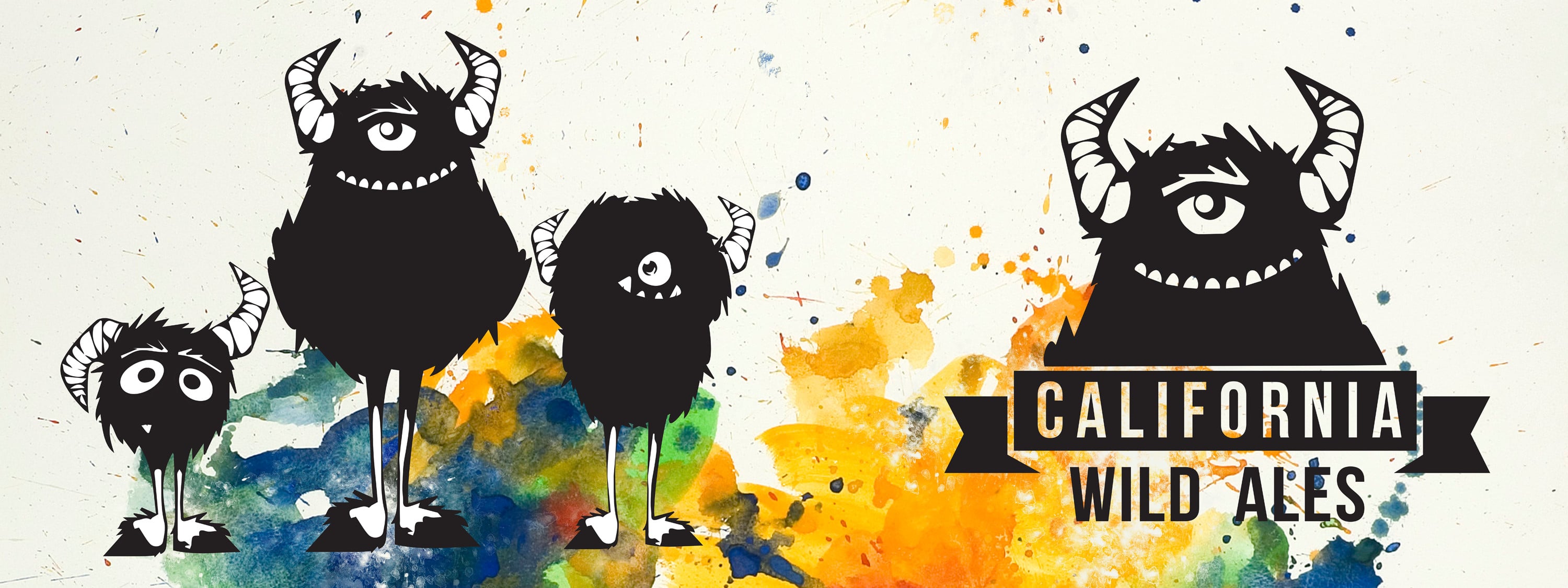The following article was originally published in the San Diego Reader.
Starting small and going wild
Incoming beer company has unique business plan
There’s more than one way to start a beer company, and some take longer than others. California Wild Ales has been in the works nearly a year, and secured a Sorrento Valley warehouse in January. However, rather than build a brewing system and producing fresh beer, Wild Ales’ focus will be the longer process of fermenting and aging beer in barrels.
“We’re more of a blendery I would say,” says cofounder and barrelmaster Cameron Pryor, “We’re in the aging and bottle business, aging beer and souring it.”
Pryor says the plan is to source wort — aka unfermented beer — from other local brewers, like Sorrento neighbor New English Brewing Co., for starters. “There’s a ton of talented brewers in town,” Pryor adds, “We want to bring them in to our barrel house, bring in their wort and see what they come up with under our guidelines and recipes. Almost like a collaboration…they’re doing the brewing and we’re doing the fermenting.”
Ales are considered wild when fermented with Brettanomyces, a naturally occurring strain of yeast that yields unpredictable results relative to domesticated brewers yeasts. In addition to funky flavors brought about by Brett, California Wild Ales aims to develop sour flavors using bacteria such as lactobacillus and pediococcus. The company’s branding depicts three cartoonish beasts representing each of the three microorganisms.
At a private tasting event in May, Pryor and founding partners Bill DeWitt and Zack Brager introduced early samples of beer styles they plan to market once they finish the permitting process — which they’re hoping to do by late summer. Early on, their focus will be fruited versions of beers that sour quickly, such as tart German wheat beers. But Brager points out this will just be a necessary first step in a long-term plan that involves pursuing Belgian-style blends.
“We want to get to the point where most of the beers we put out are one-, two-, and three-year aged — geuze and lambic styles,” Brager says, “But you can’t do that without releasing the lower turnaround Berliner weisses and goses, and stuff like that.”
Several breweries around the county have established significant barrel-aging programs, but usually by keeping beer in oak barrels behind the scenes while growing their companies around fresh brewed styles. Since California Wild Ales is only producing aged beer, it will remain a small operation with very limited availability for several years while it sits on future releases.
“Right now we have 16 [barrels],” says Pryor, “and we’re in the buying process.” The plan is to fill their small warehouse with aging beer, with sporadic releases to fund the company’s slow growth.
“It’s going to be retail bottle sales at first,” adds Brager, “just to build up and grow into what we hope will be a tasting room and then a brewpub.”

